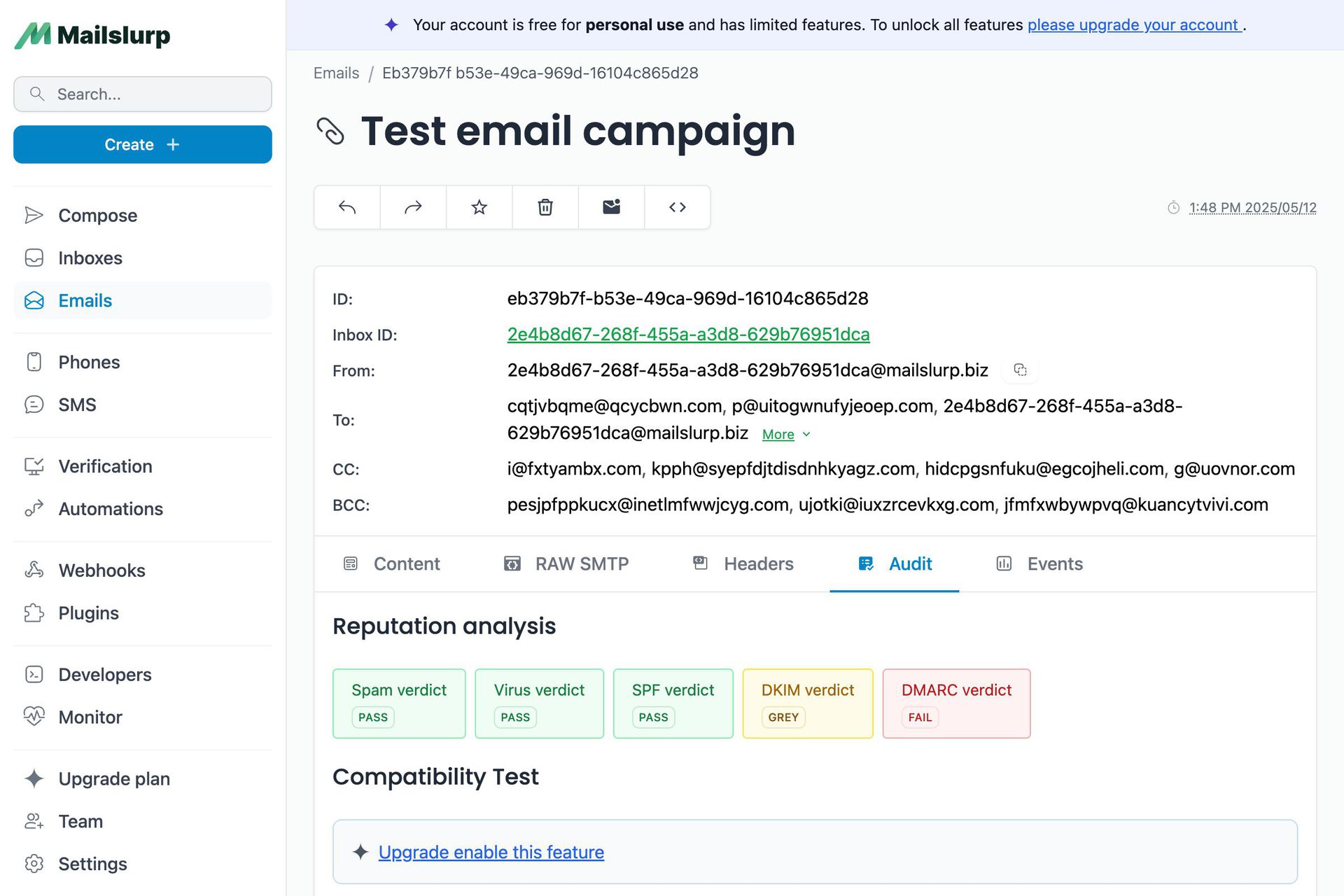Videos
Check out our tutorial video series.
Maximize Your Email Efficiency with Gmail API: Automate and Backup Emails Easily. Access features like HTML Emails and CRUD operations. #GmailAPI
Sending emails programmatically can be an important feature for many applications, from sending notifications to users, to automating reports and reminders. One popular method for sending emails from applications is by using the Gmail API. In this post, we'll cover the basics of setting up the Gmail API and how to send emails using it.
Start by visiting the Google Cloud Console.
To access Gmail programmatically, you'll need credentials.
With the setup complete, we can write a Python script to send emails.
This script will:
The Gmail API is a robust tool that allows for programmatic interaction with Gmail accounts. While this guide covered sending emails, the Gmail API provides much more, including reading, deleting, and managing emails. When integrating the Gmail API, always ensure you respect user privacy and handle credentials securely.
Check out our tutorial video series.
Email and SMS guides for automation and testing.
View github project code for multiple languages.
Latest posts from the MailSlurp team.
Test, build, and automate messaging with a free MailSlurp account.
